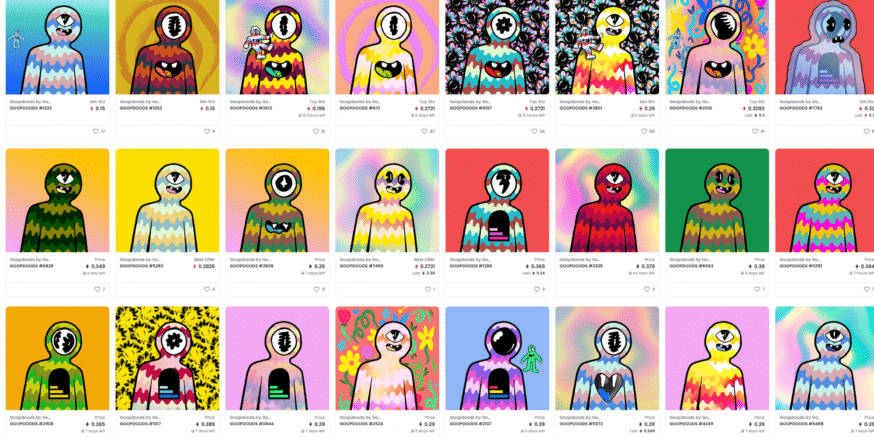TLDR
- Switzerland’s gambling regulator is reviewing FIFA’s Right-to-Buy tokens for compliance with national gambling laws.
- The tokens give holders a conditional right to purchase World Cup tickets if their selected team qualifies.
- FIFA allows these tokens to be bought and traded on its NFT marketplace powered by blockchain partner Modex.
- Gespa has not received any complaints and has not alleged any wrongdoing in its current assessment.
- Token prices vary depending on team odds with top teams like Brazil and Argentina priced higher than underdog teams.
Switzerland’s gambling authority is reviewing FIFA’s blockchain-based ticketing initiative for potential gambling rule violations. The tokens, known as “Right-to-Buy” (RTB), offer conditional access to purchase tickets for the 2026 World Cup. Gespa, the federal regulator, has not alleged misconduct but is actively gathering facts.
FIFA’s RTB Tokens Under Investigation for Legal Compliance
FIFA introduced RTB tokens as non-fungible tokens that offer buyers a future right to buy match tickets. These tokens are tradable on FIFA’s dedicated NFT marketplace, powered by blockchain partner Modex. Gespa confirmed it is evaluating whether the model resembles gambling.
Director Manuel Richard told Bloomberg, “We are assessing whether these tokens fall under gambling regulation or not.” He added that no complaints had been filed. However, Gespa is monitoring the situation due to the nature of resale and outcomes tied to uncertain events.
RTB tokens differ from traditional tickets and only allow purchases if the buyer’s selected team qualifies. This conditional structure, combined with the trading aspect, triggered regulatory interest. The agency’s review focuses on whether tokens represent financial risk tied to chance.
RTB Tokens Offer Conditional Ticket Access
FIFA expanded its Web3 offerings ahead of the 2026 FIFA World Cup, which will be held in the United States, Canada, and Mexico. The RTB tokens are priced between $299 and $999, depending on the team’s qualification likelihood. Buyers can select from popular teams like Brazil, Argentina, and England.
Long-shot teams come with lower token prices, reflecting betting-like odds on team success. Buyers can resell their tokens on FIFA’s NFT platform, adding to the speculation aspect. FIFA maintains the tokens are not tickets but access rights if predefined conditions are met.
The organization claims the token system addresses surging demand, citing 23 million ticket requests for 3.4 million tickets in 2022. FIFA also asserts the platform enables more transparency and fairness during high-demand phases. “RTBs are built to manage demand, not to gamble,” FIFA said.
Avalanche Subnets Power FIFA’s Scalable Blockchain System
FIFA first launched its blockchain platform, FIFA Collect, in 2022 on the Algorand blockchain. However, it later migrated the platform to Avalanche’s ecosystem, citing better performance and integration. Modex CEO Francesco Abbate noted the new infrastructure simplifies wallet and DApp access.
In December 2023, FIFA and Modex released 1,000 NFTs before the Club World Cup in Saudi Arabia. Among them, 100 offered a chance to win 2026 World Cup tickets, while 900 were digital collectibles. The tokens were minted on Polygon, marking FIFA’s growing interest in Web3.
FIFA entered the Web3 gaming space with “FIFA Rivals,” a mobile game launched in June 2025 in collaboration with Mythical Games. Players manage virtual clubs, compete, and trade NFT player cards on the Mythos blockchain. The move broadens FIFA’s blockchain footprint beyond collectibles and ticketing.
With a fan base of over five billion, FIFA seeks scalable blockchain systems to handle global demand surges. Avalanche Subnets enable FIFA to operate a dedicated blockchain for events like the World Cup. The organization continues integrating blockchain across fan experiences and ticket access.







